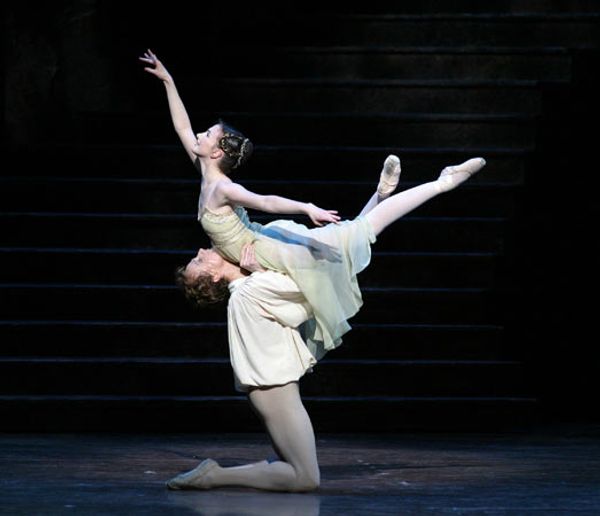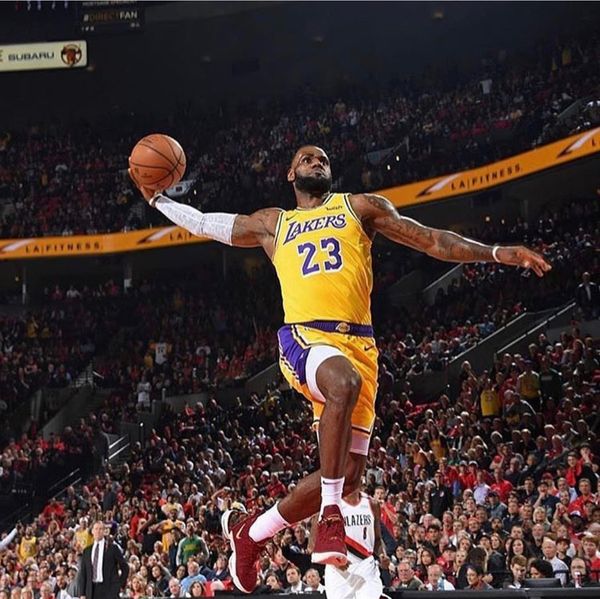Show of hands, how many of you like winning? How many have a plan in life that closely follows your strengths? How many hate being the worst at something?
I am all three of these things; highly competitive, hard on myself, and generally inflexible in the long run, and for good reason; I have a lot of things I’m really good at. But I have just as many, if not more, things I, one hundred percent, completely suck at.
Going to high school I had a good idea of who I wanted to be. I wasn’t going to deviate from that plan, which was to be the best at everything and not step outside my bubble. Little did I know that who you think you’re supposed to be isn’t who you’re going to be, and that life doesn’t always hold its curveballs just because you think you have a plan.
Now, I didn’t particularly enjoy stepping out of my comfort zone. I usually stick to my strengths because it’s a safe place to be. But curveballs don’t always allow you to be safe, which was something I discovered when my friend convinced me to try out for the girls' hockey team my freshman year.
I’m not going to mince my words; I was bad. Like really bad. Never skated before in my life bad. I hated being the worst while my teammates could quite literally skate circles around me. I hated falling down over and over again, coming home with bruises galore. I hated the constant fear of being cut from the team even though we only had thirteen people and there were no cuts. Yeah, I thought I was bad enough to be the exception to the no cuts rule.
But the thing is, my pride wouldn’t let me quit. I don’t like being the worst at something, but I think everyone should try it because I learned so many important lifelong lessons.
I learned to stick with things even when they aren’t very easy. Tenacity was never something I was very well acquainted with, but if something is worth enough to you then you struggle through the difficult beginning. Rewards may be years in the making but that doesn’t mean they’re any less valuable
I learned that it’s ok to ask for help when you need it. When I couldn’t do something, I used to work myself up until I couldn’t see anything but tears and my own shaking fists. I’m not saying that being bad at something made that go away completely, but I learned how to reach out to people before I reach that point. I had my fair share of meltdowns on the ice, but someone was always there to pull me out, whether it was my coaches or teammates.
I learned not to take myself so seriously. That it’s ok to fall, as long as you get right back up and push onward. Also that there are people rooting for you no matter what, and if they stop rooting for you then they weren’t being genuine in the first place.
I learned how to be sympathetic. It’s easy to be judgemental when you’ve never struggled with something. It’s easy to call people incompetent or a moron in your head when they struggle with something that’s second nature to you.
But when you go through the same thing, it’s much easier to reach out a helping hand to someone who’s floundering, because you have a deeper understanding of what it’s like to be the worst. I’d like to think that as a senior I gave something back to the freshmen that the seniors from my freshman year gave to me. And that something cannot be given until you’ve known the despair of being a beginner.
People don’t give a lot of credit to being the worst at something. But I think we all have to learn how to be bad at something because being the worst isn’t the only thing that we’re learning how to do in the process.



















